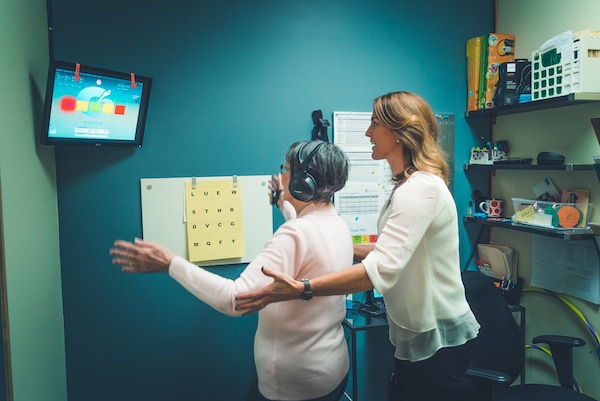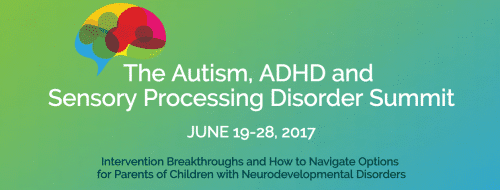Use of the Interactive Metronome in the Rehab Setting
Prior research utilizing kinematic analysis & functional MRI have shown that Interactive Metronome (IM) training facilitates measurable and statistically significant improvements in golf shot accuracy (distance to the pin) and substantial improvement in performance consistency (Sommer & Rönnqvist, 2009; Sommer et al., 2014). In the present study, 20 professional female golfers from the KLPGA participated in a randomized, controlled study comparing the effect of IM training (35-40 min, twice weekly for 6 weeks) to spending more time playing the game of golf (increasing golf playing time by an additional 35-40 min twice weekly for 6 weeks).
The purpose of the study was to determine the impact of IM on swing speed during putting, which was specifically executed at a distance of 2-5m, which has been previously determined to set apart elite golfers who achieve a par or birdie compared to those that demonstrate only about a 10% success rate (Pelz, 2000). Golf putting movements and brain activity were analyzed using Kinovea Software and resting-state functional MRI (fMRI). Performance variability (or consistency) was measured as the standard deviation of mean swing speed (SSD) during 3 sections of the swing: backswing, backswing-impact, and impact-finish.




 One of the things that many of the parents of the children whom I have worked with have told me while we were doing IM sessions was that they noticed some type of improvement with reading. Some of these children had difficulty with reading and letter recognition from the start, and others did not, but improvement was still observed by parents or teachers.
One of the things that many of the parents of the children whom I have worked with have told me while we were doing IM sessions was that they noticed some type of improvement with reading. Some of these children had difficulty with reading and letter recognition from the start, and others did not, but improvement was still observed by parents or teachers.